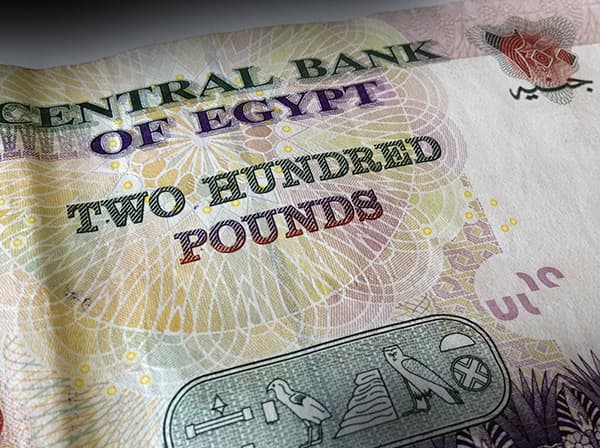Egypt Institutes Major Economic Reforms Amid Currency Crisis, Eyes IMF Deal
Egypt’s central bank has taken decisive steps to address the country’s ongoing economic challenges, amidst a severe foreign currency shortage. As announced, the Egyptian pound experienced a significant devaluation, trading at roughly 50 to the dollar from a prior rate of 30.85. The central bank also raised the key interest rate to 27.25%, underscoring its commitment to economic orthodoxy. These moves indicate a turning point and potentially set the stage for an imminent deal with the International Monetary Fund (IMF).
James Swanston, an economist specializing in the Middle East and North Africa at London-based Capital Economics, remarked that these measures are a positive development for Egypt. "This appears to be a positive step for Egypt on the path out of its current crisis," he wrote in a research note. Swanston believes the policy shift paves the way for an IMF deal within hours, a crucial step for the struggling economy.
Egypt, the most populous Arab country with a population of around 110 million, has been grappling with a protracted foreign currency shortage. The central bank and policymakers are banking on upcoming inflows of hard currency, spurred by recent investments and potential IMF support. Last month, Egypt secured a $35 billion investment deal with the United Arab Emirates, which is expected to bolster foreign currency reserves.
"The domestic economy has been recently weighed down by foreign exchange shortages, resulting in the existence of a parallel exchange rate market and constraining economic growth," the central bank stated. This has led to various economic reform initiatives in coordination with the government and international partners. The central bank has pledged to let the currency trade more freely, moving away from previous interventions aimed at controlling the pound’s value.
"The announced measures have been adopted as part of comprehensive economic reforms, backed by the steadfast support of multilateral and bilateral partners," the central bank added. They emphasized that sufficient funding has been secured to provide necessary foreign exchange liquidity.
Analysts at S&P Global Market Intelligence foresee further monetary tightening in 2024 to combat inflation and offset the price increases stemming from the pound’s devaluation. They project inflation to be around 30.3% this year, slightly down from 33.9% in 2023. The inflation rate is expected to decrease into the teens by 2025 and may reach single digits by 2027.
The central bank’s Special Monetary Policy Committee asserts that their recent policy adjustments aim to anchor inflation expectations. The monetary stance will remain restrictive as long as necessary to achieve the targeted disinflation course.
These measures mark a critical juncture for Egypt as it navigates its economic crisis, and all eyes are on the anticipated IMF deal, which many believe will be a cornerstone for further stabilization and growth.
For more detailed information, visit the Central Bank of Egypt website.
